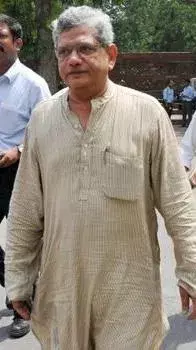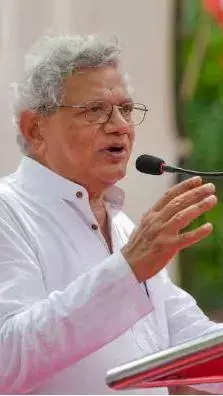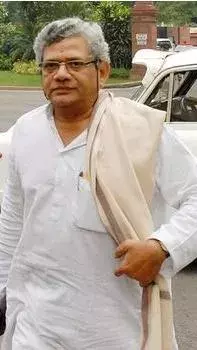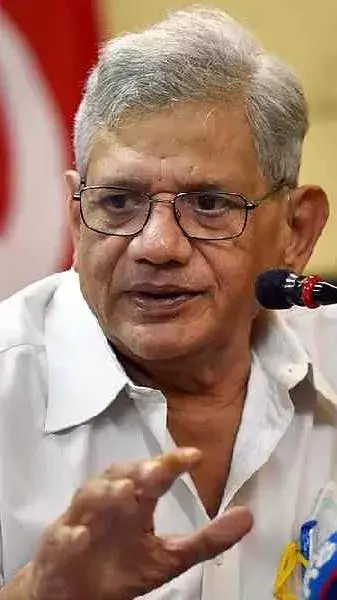
Facts about the life of Comrade Sitaram Yechury

Sitaram Yechury was born on August 12, 1952, in Chennai, Tamil Nadu, India.

He completed his schooling at the famous Kendriya Vidyalaya, New Delhi. Later, he pursued a Bachelor's degree in Economics from St. Stephen's College, University of Delhi, and went on to obtain a Master's degree in Economics from Jawaharlal Nehru University (JNU), New Delhi.

Yechury's political journey began during his student days at JNU, where he actively participated in student politics. He joined the Students' Federation of India (SFI), the student wing of the CPI(M), and rose through its ranks.
Yechury emerged as one of the prominent faces of the CPI(M) in the late 1980s and early 1990s. He held various positions within the party, including serving as a member of the Central Committee and the Politburo, the highest decision-making body of the CPI(M).
Yechury was elected to the Rajya Sabha, the upper house of the Indian Parliament, in 2005 and has been re-elected since then. He has been known for his articulate speeches and interventions in parliamentary debates.
In April 2015, Yechury succeeded Prakash Karat as the General Secretary of the CPI(M), becoming the party's fifth General Secretary. Under his leadership, the party has faced various political challenges and has been involved in coalition politics at the national level.
Apart from his political engagements, Yechury is also known for his writings and intellectual contributions. He has authored several articles and books on socio-economic and political issues, reflecting Marxist perspectives.
Yechury is considered a leading advocate of left-wing politics in India. He has been vocal on issues related to social justice, secularism, and workers' rights, often critiquing the policies of the ruling government.
Yechury is married to Seema Chishti, an assistant editor with the Indian Express. They have two daughters.
Sitaram Yechury's contributions to Indian politics, particularly in representing the Communist movement and advocating for the rights of the working class, mark him as a significant figure in contemporary Indian political history.